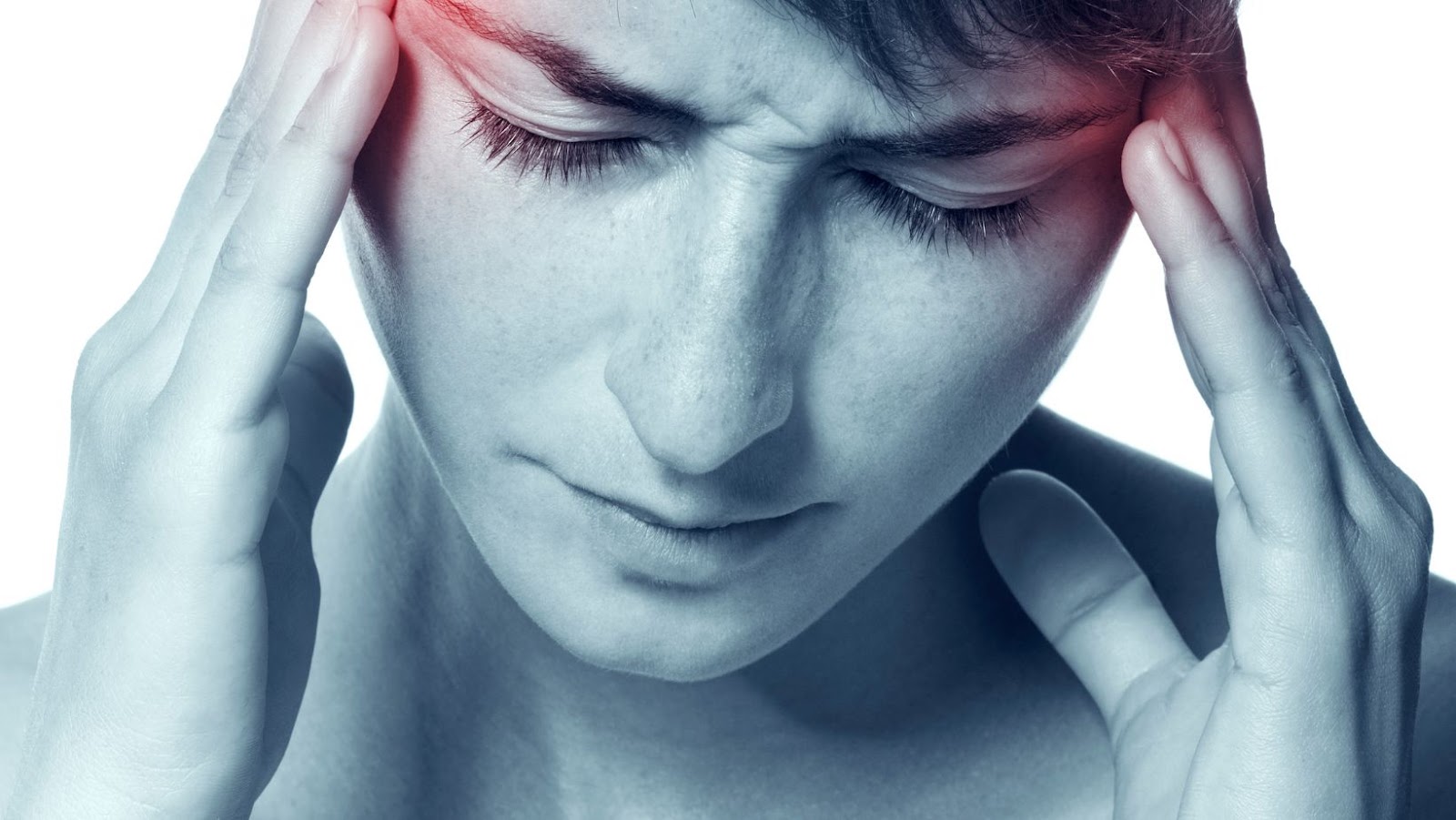
Most people have had a headache at one time or another.
However, imagine, if you will, a headache that feels like someone has sawed open your head or stuck nails into your eyes. Not a nice image, but these are terms often used by those who have migraines to describe the sensation that comes with this neurological issue.
This can be debilitating and can impact terribly on your daily life. So, how can you manage migraines?
Try Medication
Several types of medication can help manage migraines. Over-the-counter pain relievers, such as paracetamol, can help to relieve mild migraines, while prescription medications, such as triptans, can help with more severe migraines. Your doctor may also recommend preventative medicines that can reduce the frequency and severity of your migraines. You can even get medications like sumatriptan online from Chemist Click Online Pharmacy, but you will have to attend an online consultation first.
Identify and Avoid Triggers
A key part of long-term management for migraines is to identify and avoid triggers that can cause them. Common triggers include stress, certain foods, changes in weather, and lack of sleep, as well as foods such as cheese, black chocolate, and alcohol. By keeping a migraine diary and tracking what you eat, how much sleep you get, and other lifestyle factors, you can identify triggers and take steps to avoid them. There are now apps on your phone that can help you to track your migraines too, which you can then share with your doctor or neurologist. If you have auras, these apps can also allow you to describe them, which can help track when it is best to take medication.
Practice Relaxation Techniques

Stress is a widespread trigger for migraines, so practicing relaxation techniques, like deep breathing, meditation, and yoga, can help manage them. These techniques can help reduce tension in the body and promote relaxation, which can help prevent migraines from occurring. If you are in the postdrome part of the migraine, you will need to practice relaxation more to help you recover.
Make Lifestyle Changes
Making specific lifestyle changes can also help manage migraines. Getting daily exercise, eating a balanced, healthy diet, and getting enough sleep can all help reduce the frequency and severity of migraines. It’s also essential to avoid alcohol and nicotine, as these substances can trigger migraines. For women, it can also be worth looking into whether your menstrual cycle is a trigger, and if it is, you should talk to your doctor about ways to mitigate that.
Seek Support
Migraines can be a lonely and isolating experience, but seeking support from friends, family, or a support group can help. As before, there are many online groups that can help you and who will know what you are going through. Talking to others who understand what you’re going through can be a great source of comfort and can help you feel less alone in your experience.

Additionally, speaking with a mental health professional can help you manage any anxiety or depression that may be exacerbating your migraines or could be caused by persistent migraines and discomfort.























